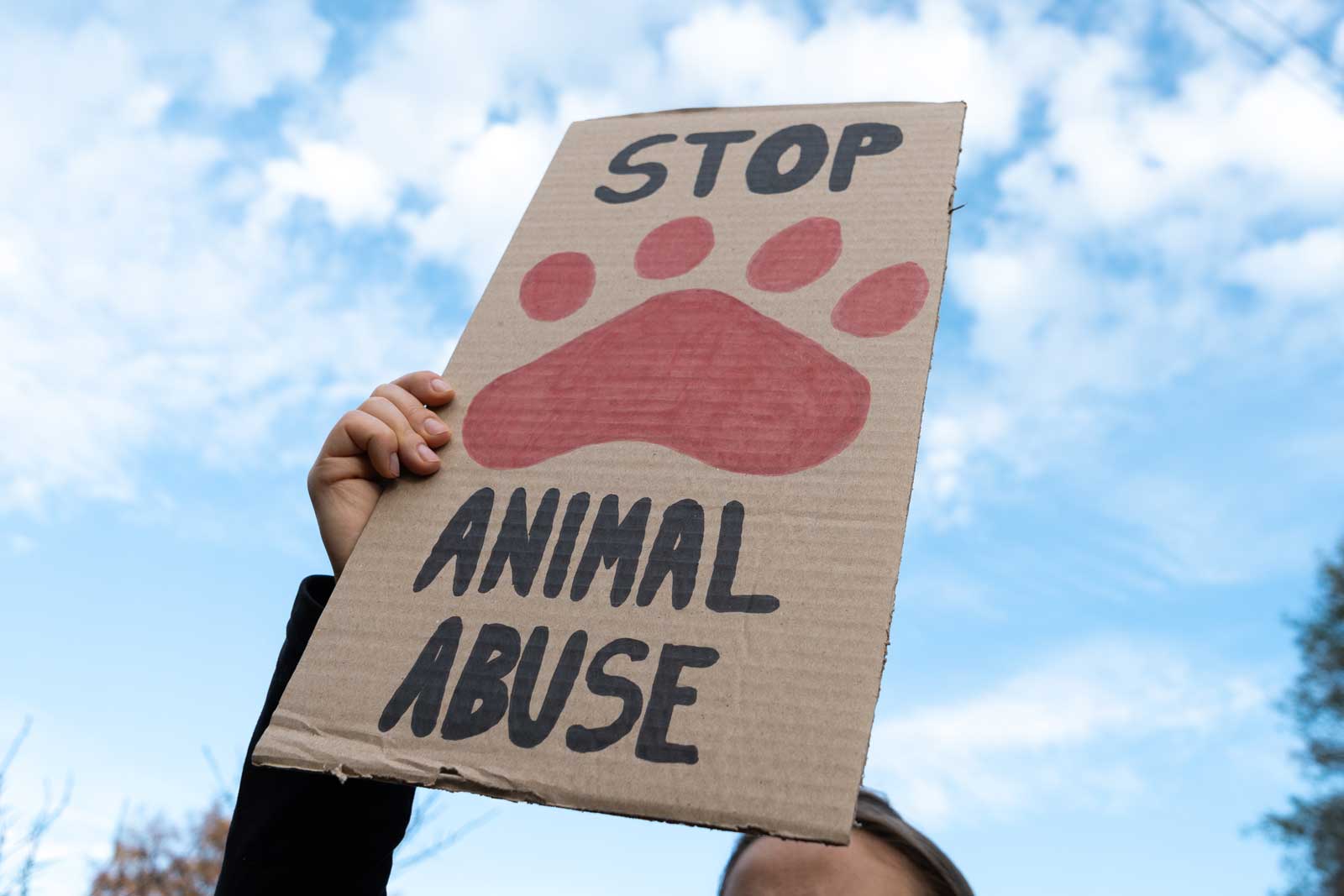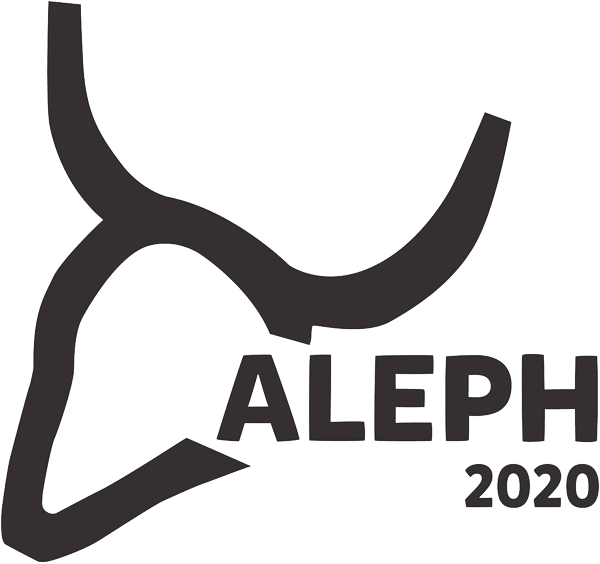Why the ethical case against livestock is unbalanced

Vegan activism is usually unbalanced because of the following six reasons:
- Animal ag does not necessarily involve low animal welfare
- Well-being of livestock may be higher than in the wild
- Activism is often more about the messenger
- Animal rights are largely anthropomorphic constructs
- Veganism does not guarantee less animal harm
- A vegan food system would create problematic trade-offs
Animal agriculture does not necessarily involve low animal welfare
Animals are recognized as sentient beings, with welfare being an accepted moral principle. Yet, feeling pain and having moral status does not necessarily mean that raising animals for food is inherently wrong. In the European Union, animals are acknowledged as sentient, and member states are mandated to adhere to animal welfare regulations. Certain livestock, including a part of dairy cattle, pigs, and poultry, are commonly confined for extended periods. The extent to which these and other debated practices align with proper welfare criteria depends on contextual factors. Claims that consuming animal-derived products leads to increased animal mistreatment through 'factory farming' are not entirely accurate, as the primary cause of such practices lies in supply-related decisions made by producers and government policies.
Animal well-being of livestock may be higher than in the wild
Contrary to its portrayal as exploitation, livestock farming can also be seen as a mutually beneficial relationship between humans and animals, particularly when animal welfare is upheld, resulting in a good life and humane death. This perspective argues that such well-cared-for animals might fare better than their wild counterparts, which face harsh natural conditions and potential suffering. Farmed animals experience benefits like shelter, improved winter conditions, better healthcare, and predator protection. While this arrangement might shorten their lives compared to wild animals, it offers an enhanced quality of life. From a utilitarian standpoint, livestock farming could be advantageous if proper welfare conditions are met, with the pleasure gained potentially outweighing the pain.
Activism is often more about the messenger than the animals
Vegan activists advocate for eradicating livestock entirely, deeming it an immoral exploitation even with welfare measures in place. Some wish to pursue this through coercion, seeking legal enforcement of a 'vegan project'. Despite genuine concern, the animal rights movement often mirrors the beliefs and attitudes of its advocates within their societal context rather than directly addressing the needs of animals. Some activists seem to employ moral arguments to mask general societal unease and identity discussions, further amplified by ideological and socio-economic interests. Although presented as a universal cause, crusading veganism is culturally specific, lacks broad support, and is prominent mainly in Western urban areas or some strictly religious settings where animal products are deemed impure.
'Animal rights' are largely anthropomorphic constructs
While animals are recognized as sentient and intelligent beings with certain interests, this does not necessarily mean they possess moral rights. Assertions that farming practices harm animals or disrupt 'Nature' are human-centred assumptions. Livestock animals experience life in discrete episodes and do not anticipate and rationalize their future in the same way humans do. Killing an animal results in premature death, reducing both total lifetime pleasure and agony, but does normally not increase its overall pain across its lifetime. Unlike humans, animals cannot mentally balance future pleasure against current pain, so premature death is not necessarily a negative for them. Some utilitarians argue that pain-free premature death might even be seen as positive compared to potential future suffering due to old age or disease. An event is considered harmful to an individual only if it makes things worse than they would have been without the event.
Veganism does not guarantee less animal harm
The number of sentient animals killed and the total suffering could potentially be higher in plant-based agriculture than in some forms of livestock production. This is due to the many field deaths during crop production, involving actions like pest control, plowing, and harvesting. These actions cause casualties among various species, including rabbits, mice, birds, amphibians, reptiles, insects, worms, and slugs. The shift from arable land to pastures might also lead to local extinctions, impacting bird populations and specialized species like dung beetles. The single and mostly painless death of a pasture-fed large animal would therefore need to be weighed against the death toll of plant agriculture on a basis of nutritional equivalency, also taking into accounts that deaths in the latter case would be much more gruesome. However, stronger empirical data are needed to support this perspective, especially if feed involves intensive cropping. It is important to note that all food production involves casualties and habitat destruction, challenging morally superior viewpoints. In addition, advocacy for synthetic fibres over animal fibres ignores the harm caused by microplastic pollution on (marine) mammals.
A vegan food system would create other problematic trade-offs
Plant foods commonly embraced by vegans can also have their own detrimental consequences. Foods like quinoa, soy, palm oil, cashew nuts, avocados, and greenhouse farming are associated with environmental harm, wildlife loss, and various human welfare issues. These problems might intensify if the demand for these foods increases due to dietary shifts.
